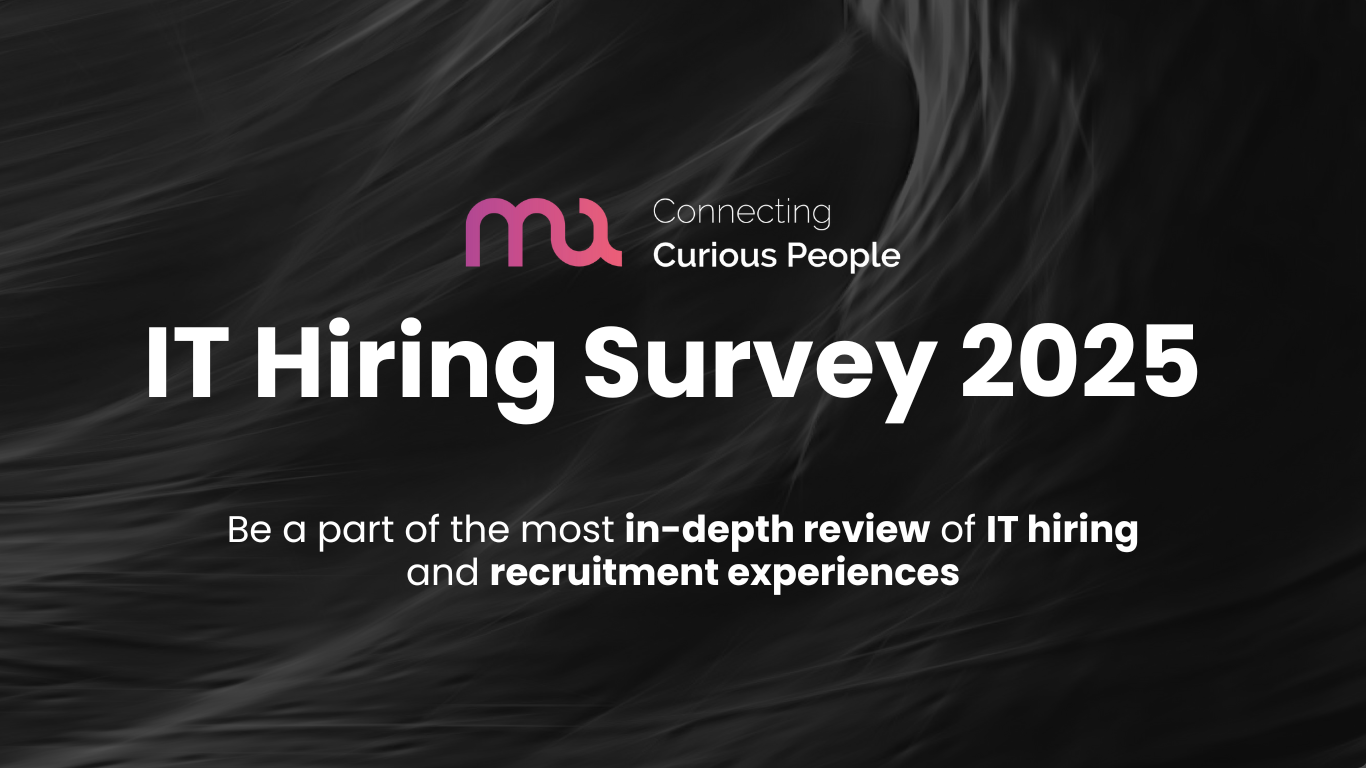
We put this document together to give you a clear picture of how we work and where we add va...

We put this document together to give you a clear picture of how we work and where we add va...

MA is exploring the experiences and views of IT and HR professionals when it comes to hiring...

In this episode, we´ve brought in our tax partners and CPAs, Nasser Khan and Ali Qamar...



We put this document together to give you a clear picture of how we work and where we add va...